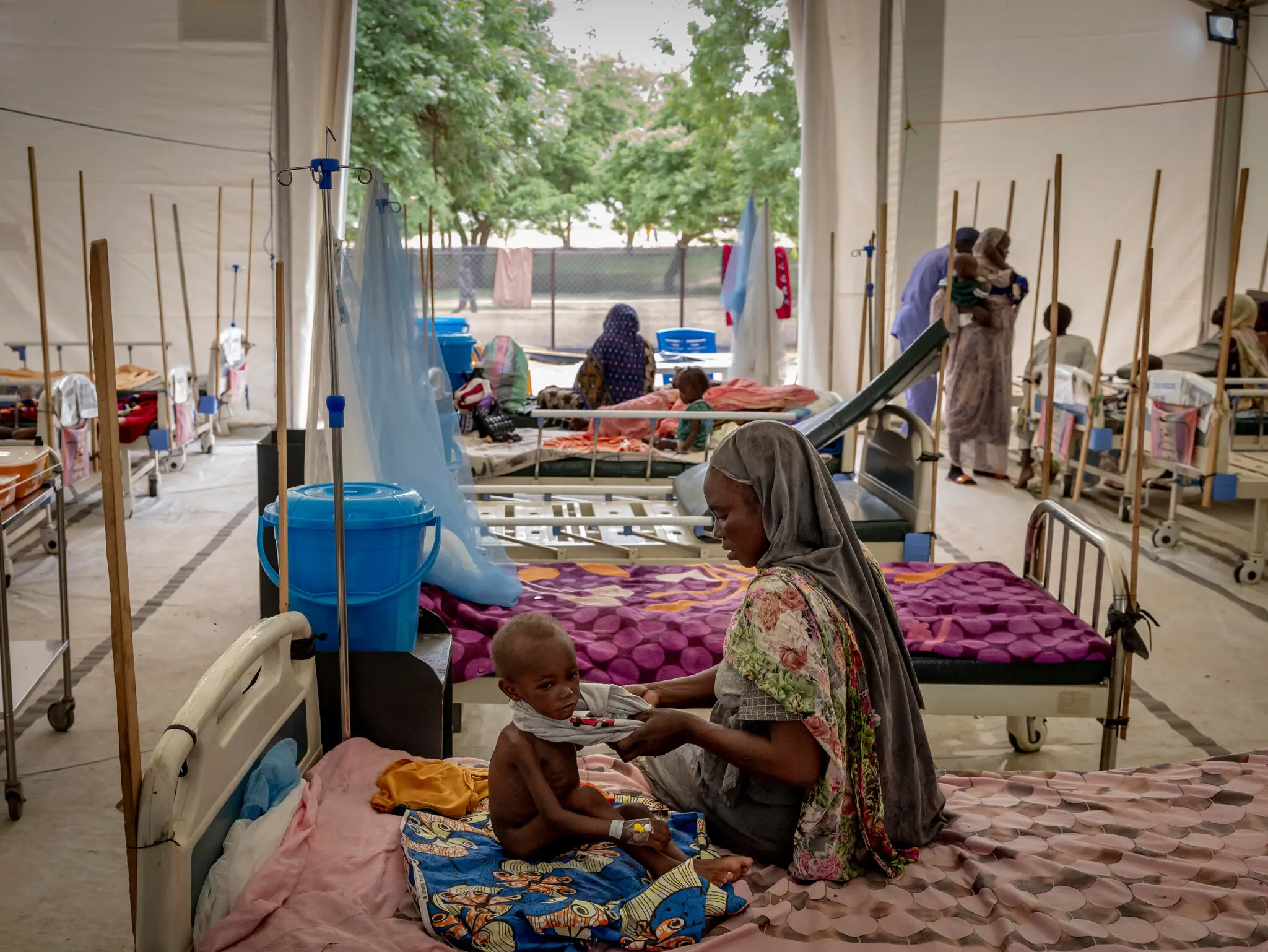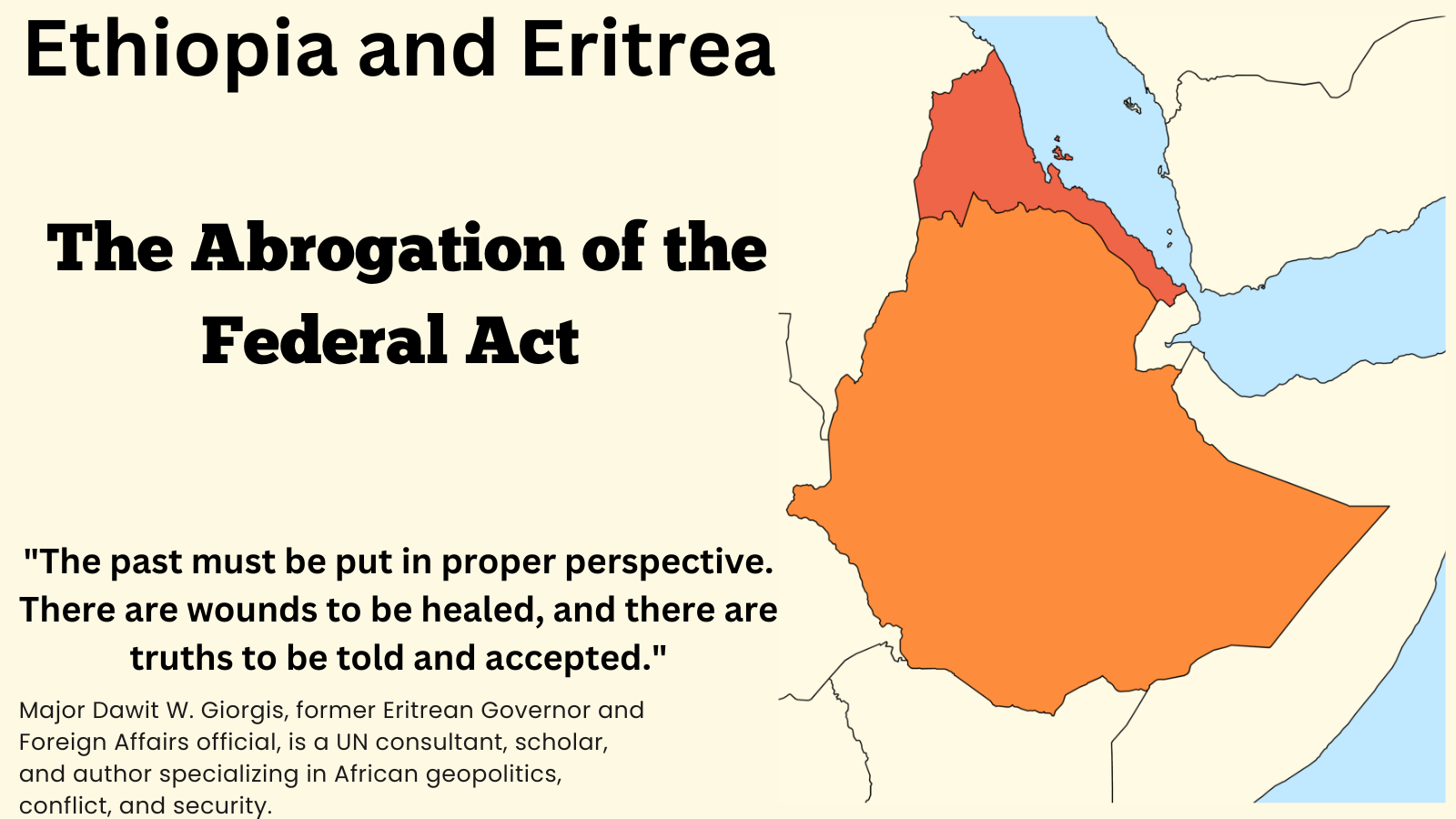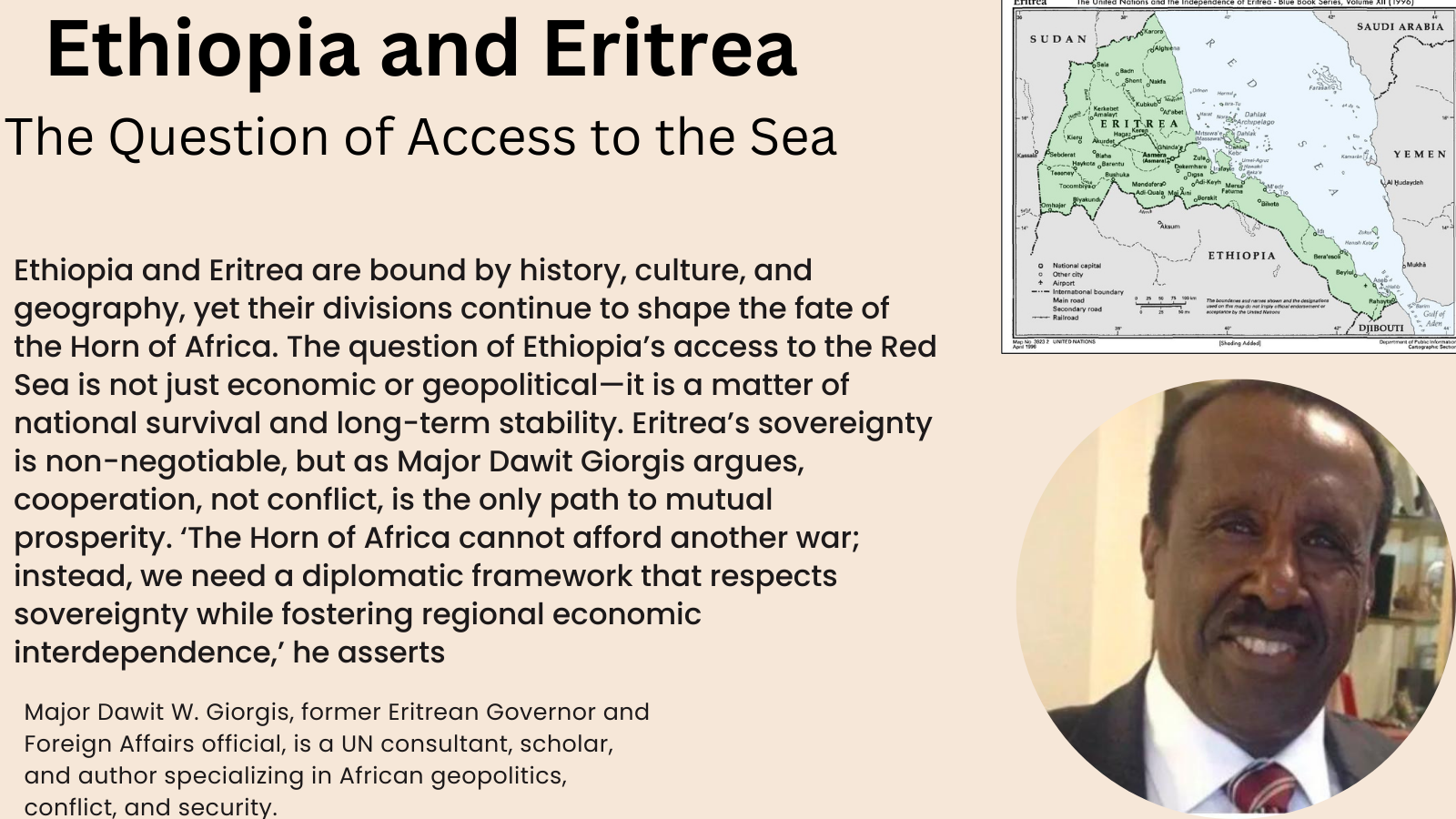Sudan’s Aid Blockade Risks Famine Amid Civil War

Sudan is on the brink of a catastrophic famine as its military blocks the United Nations from delivering critical food supplies through a key border crossing. The ongoing civil war has plunged the nation into chaos for 15 months, and experts warn that without immediate intervention, Sudan could witness one of the worst famines in recent history, potentially resulting in up to 2.5 million deaths by the end of this year.

The situation is especially dire in Darfur, a region still reeling from genocide two decades ago. Eight of the fourteen Sudanese districts at imminent risk of famine are located in Darfur, where an estimated 440,000 people are already on the brink of starvation. Refugees fleeing the region cite hunger as the primary reason for their exodus. The military’s closure of the Adré border crossing from Chad, a critical entry point for UN aid convoys, has exacerbated the crisis. This blockade, ostensibly to prevent weapons smuggling, forces aid trucks on a dangerous and time-consuming 200-mile detour to a different crossing controlled by a militia allied with Sudan’s army. As a result, only a fraction of the needed aid is reaching those in need.
Since the Adré closure in February, the number of people facing emergency levels of hunger has skyrocketed from 1.7 million to seven million. The international community’s response has been insufficient, with only half of the pledged $2 billion in aid delivered. In refugee camps in eastern Chad, nearly 200,000 people live in desperate conditions with overflowing latrines and insufficient shelter. Aid organizations, hampered by funding shortages, are struggling to provide basic necessities.
Efforts to address the crisis are further complicated by logistical challenges. Trucks face lengthy delays due to poor roads, seasonal flooding, and bureaucratic hurdles. Despite the urgency, the UN’s ability to deliver aid is severely restricted, with only 10% of those in need being reached.
The Sudanese military’s refusal to reopen the Adré crossing has drawn criticism from international officials. The United States, the largest donor, has called the blockade unacceptable and is urging the UN Security Council to intervene. However, political complexities, including potential vetoes from Russia, make a resolution difficult.
As ceasefire talks mediated by the United States are scheduled for mid-August, there is a glimmer of hope that humanitarian access might be improved. However, with the prospect of mass starvation looming, immediate and decisive action is critical to prevent a disaster of unprecedented scale.
Reported by the New York Times.




